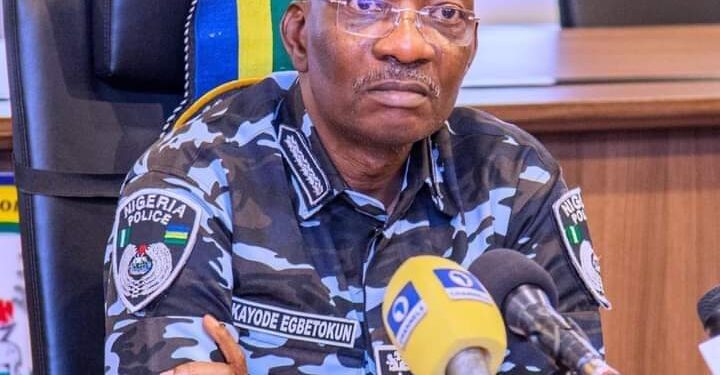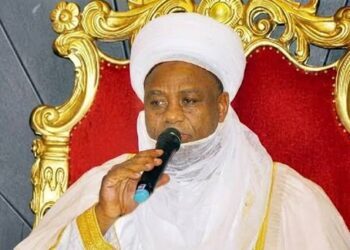The Arewa Renaissance Group has called the attention of the Inspector General of Police to the actions of certain specialized squads that are undermining the efforts of Inspector General Kayode Egbetokun in restructuring the force and combating corruption and bad policing.
Armayau Mijinyawa, the spokesperson for ARG, made this statement in Kaduna while reacting to the recent actions of the IGP’s Task Force on Petroleum Products.
The task force arrested a tanker with the registration number TWD 272SA, which was transporting diesel products from Lagos, and declared the product fake.
The questions that arise are: How did the task force determine that the product was fake? Are they now a subsidiary of the NNPC, empowered by the constitution to make such determinations?
Furthermore, the driver has been detained at the Kubwa Divisional Headquarters for over a week, which contravenes the legal provision that a suspect must not be held for more than 24 hours.
The depot in Lagos, where the truck was loaded, issued a valid waybill. Why didn’t the task force contact the depot and the company? What prevented the police task force from taking the case to court?
We urge the IGP to intervene urgently and verify the facts of the matter. If, after a thorough investigation, it is found that the product was indeed fake, then the company in Lagos where the product originated must be sanctioned in the public interest.
We call for a thorough investigation into this arrest. It is our duty to assist the police in moving the country forward.











